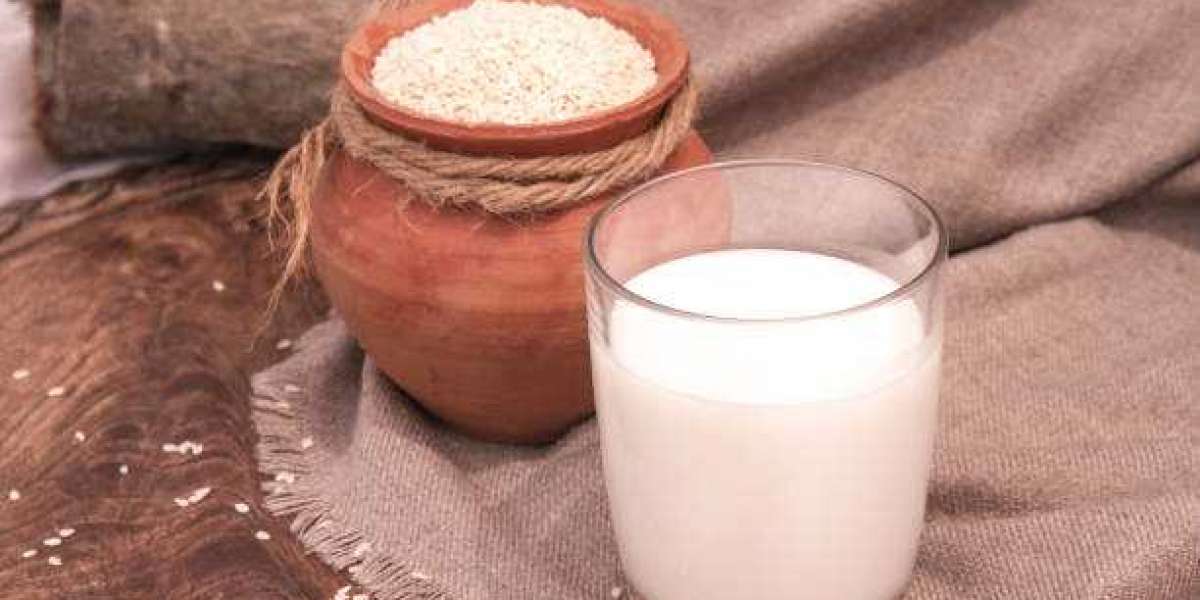Lean_in
Zakat, one of the five pillars of Islam, is a mandatory act of charity that purifies wealth and strengthens the Muslim community. For eligible Muslims, pay zakat is a cornerstone of faith and a way to express gratitude for Allah's (SWT) blessings. This comprehensive guide will equip you with the knowledge and resources to confidently fulfill your zakat obligation.
What is Zakat?
The word "zakat" translates to "purification" in Arabic. It signifies that by giving a portion of your wealth to those in need, you cleanse your remaining wealth and demonstrate true compassion. Zakat is not a tax, but a spiritual duty that fosters social responsibility and promotes economic justice.
Who Needs to Pay Zakat?
The obligation to pay zakat falls upon every free, sane adult Muslim who meets specific wealth criteria. Here are the key factors to determine your eligibility:
Age and Mental State: You must be a mature adult and of sound mind.
Nisab: You must possess a minimum amount of wealth, known as the nisab, for a full lunar year. The current nisab is equivalent to the value of 87.48 grams of pure gold.
Debt: Your debts should not exceed the value of your assets.
Calculating Your Zakat
Once you've established your eligibility, it's time to calculate your zakat amount. The general rate for zakat is 2.5% of your total zakatable wealth. This includes:
Savings and investments
Business inventory (excluding debt owed to you)
Gold, silver, and other precious metals (excluding jewelry for personal use)
Cash
There are specific calculations for certain assets like livestock and agricultural products. It's recommended to consult a qualified scholar or a reputable zakat calculator for guidance on these.
Distributing Your Zakat
The Quran designates eight categories of deserving recipients for zakat:
The poor and needy
The recent convert
Those in debt
For the cause of Allah (SWT)
Wayfarers (travelers in need)
To ransom captives
To attract hearts to Islam
Those in administrative positions for zakat collection
It's important to choose recipients wisely and ensure your zakat reaches those who genuinely need it. Consider reputable charities, local mosques offering zakat distribution services, or individuals facing hardship within your community.
Supporting organizations like the JDC with your Zakat can have a profound impact on communities in need worldwide. By donating your Zakat to the JDC, you are not only fulfilling your religious obligation but also contributing to vital humanitarian efforts. The JDC is renowned for its extensive reach and effective programs that provide essential services, including food aid, healthcare, education, and disaster relief, to vulnerable populations across the globe. Your Zakat donation to the JDC can make a meaningful difference in the lives of countless individuals and families facing adversity, offering them hope, dignity, and a brighter future. Join hands with the JDC today and be a beacon of compassion and generosity in the world.
Benefits of Paying Zakat
Fulfilling your zakat obligation brings numerous benefits, both spiritual and social:
Spiritual Purification: Zakat purifies your wealth and strengthens your faith.
Social Responsibility: It promotes social justice by supporting those in need.
Compassion and Generosity: Zakat cultivates empathy and encourages you to share your blessings.
Economic Empowerment: Zakat empowers the underprivileged and contributes to a more equitable society.
Resources for Paying Zakat
Numerous resources are available to assist you in fulfilling your zakat obligation:
Mosques and Islamic Centers: Many mosques offer guidance on zakat calculations and distribution.
Online Zakat Calculators: Several reputable websites provide reliable zakat calculators.
Islamic Scholars and Imams: These individuals can offer personalized advice based on your specific circumstances.
Charitable Organizations: Look for established Islamic charities that accept zakat donations.
Bottom lines
Paying zakat is a significant act of worship that brings blessings and strengthens the Muslim community. By understanding the requirements, calculating your zakat accurately, and distributing it responsibly, you can fulfill your obligation and contribute to a more just and compassionate world. Remember, even if your wealth doesn't reach the nisab, any charitable act is considered a good deed and brings Allah's (SWT) pleasure.
By fulfilling your zakat obligation with sincerity and dedication, you contribute to a brighter future for yourself and the Muslim community as a whole.








